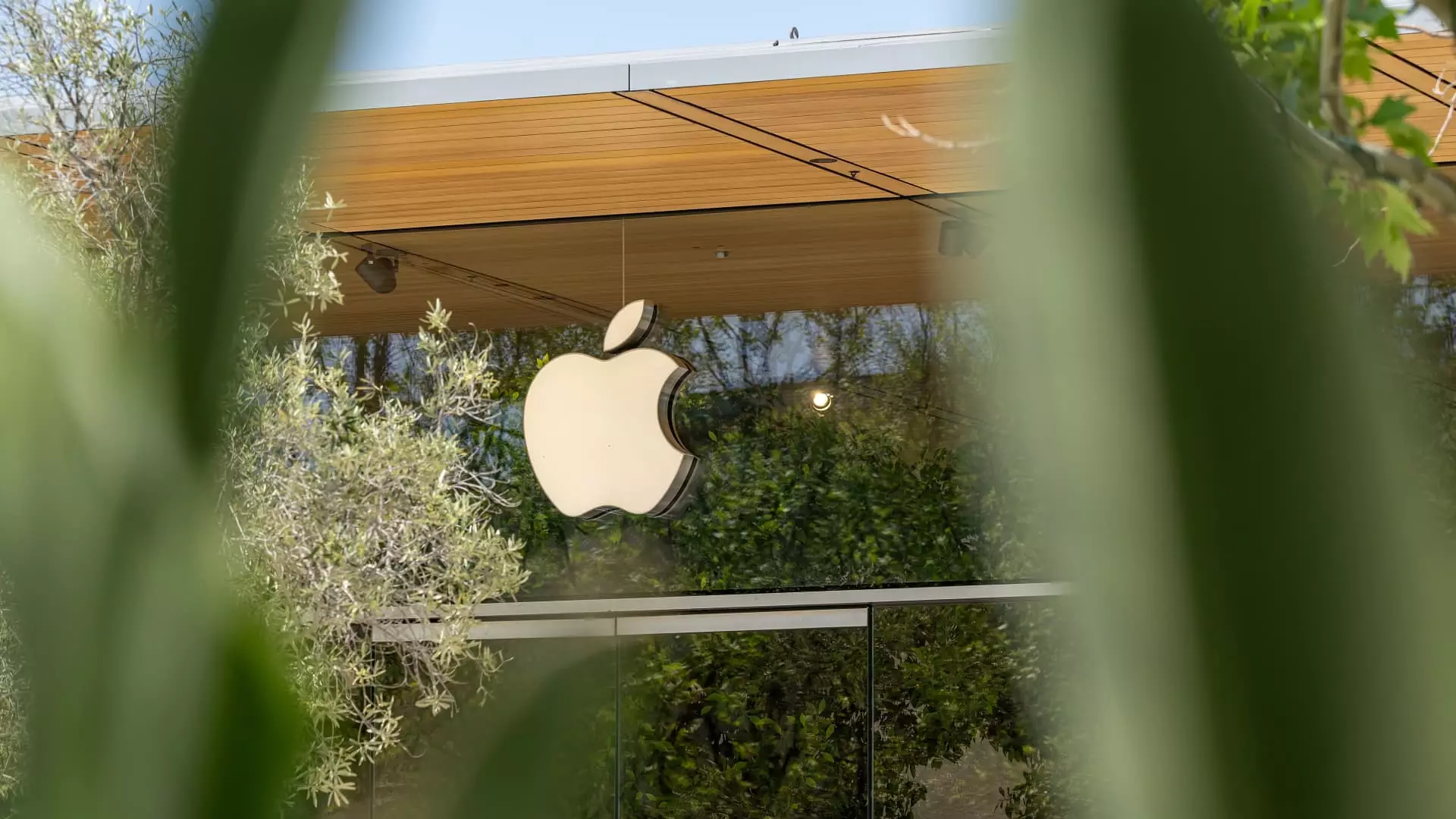The ongoing legal conflict between Apple and Epic Games presents an intricate web of competitive economics, consumer rights, and legal frameworks. At the heart of this battle is Apple’s insistence on maintaining a significant commission on in-app purchases, which they argue protects their ecosystem’s integrity. However, what becomes increasingly evident is that Apple’s rigid stance might not only stifle competition but also inhibit consumer choice. The recent ruling against Apple by U.S. District Judge Yvonne Gonzalez Rogers is a pivotal moment, revealing just how much the status quo is in need of overhaul. Apple’s request for a stay on this ruling illustrates their desire to cling to an outdated business model that has been challenged by the realities of a rapidly evolving digital landscape.
The Economic Impact of Commissions
It’s fascinating how a company that prides itself on innovation continues to lean on a revenue model reminiscent of closed systems rather than embracing competition. The commission structure—where Apple takes a cut from external links and payments—has profound implications not just for app developers like Epic Games but also for consumers. This economic pressure appears to be less about protecting Apple and more about stifling competition. Companies that choose to navigate around these imposed fees, such as Amazon and Spotify, now can, thanks to the recent court ruling. This shift underscores the outmoded nature of Apple’s business tactics, which rely more on monopolistic controls than on fair competition.
Apple’s Defense and Its Pitfalls
In their emergency motion, Apple claims that the changes required by Judge Rogers will impose significant financial burdens, amounting to “hundreds of millions to billions” in annual losses. Yet, the questionable justification of high commissions based on operational costs falters in the face of new evidence indicating alternative business models can thrive without such exorbitant fees. One could argue that Apple’s responses showcase a reluctance to adapt rather than a genuine commitment to innovation. Apple’s assertion that changes threaten consumer choice is particularly ironic, considering their own practices often limit options for the very consumer they claim to prioritize.
Misleading the Court: A Grave Allegation
The judge’s remarks regarding Apple misleading the court regarding their pricing policies introduce an unsettling dimension to this case. Legal battles often reveal inconsistencies and failures in ethical standards, but claims of outright deception raise alarm bells. Apple shouldn’t merely focus on resuming its commission structure; it must also respond transparently to the allegations of dishonesty. Such a situation raises questions about corporate integrity and accountability, painted further by Apple’s undercurrents of defiance in defense of questionable practices stemming from a monopoly mentality.
Redefining Consumer Choice and Developer Freedom
The ruling opens up a broader discussion regarding consumer rights and developer agency. When Epic Games’ CEO Tim Sweeney declared, “This forces Apple to compete,” he wasn’t merely heralding a legal victory; he was articulating a broader freedom for developers and consumers alike. By empowering developers to link directly to other payment methods, the judge’s decision challenges Apple to rethink its monopolistic policies. This step towards greater freedom in the app marketplace is not just revolutionary; it’s essential for innovation. It signifies a shift away from a stifling environment to one that encourages advancement and entrepreneurship.
A Moment of Reckoning for Apple
Apple is now at a crossroads. The tech giant faces mounting pressure not only from legal authorities but also from a growing chorus of developers and consumers who demand a more equitable digital ecosystem. Staying the ruling will merely delay the inevitable call for reform. Companies like Apple, which have thrived under monopolistic conditions, must realize that embracing competitive practices is not just beneficial but essential for long-term sustainability. If Apple fails to align its practices with the realities of today’s market, it risks not only legal backlash but also losing its relevance in a world that increasingly values transparency and fairness.
The unfolding saga between Apple and Epic Games serves as a powerful reminder of the need for systemic change within major tech companies. It highlights how monopolistic practices can ultimately lead to their downfall, even if they temporarily leverage their power to resist change. Only time will tell if Apple steps into the future or clings to its past.

